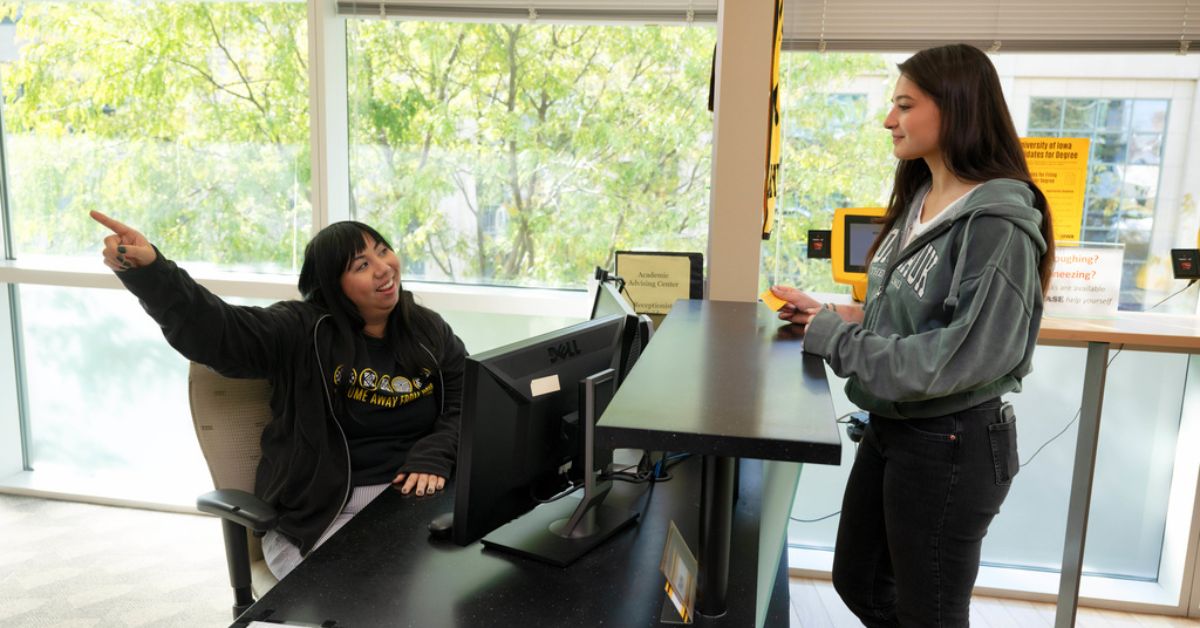Academic advisors play a pivotal role in assisting students through academic consulting during their educational endeavors, offering support, and helping them navigate the complexities of academic life. While the prospect may seem daunting without a background in advising, there are strategic steps one can take to break into this fulfilling profession.
This guide will be a road map for those interested in becoming academic advisors, providing a comprehensive overview of actionable steps ranging from obtaining relevant education and certifications to gaining practical experience through volunteering and networking, whether you are a recent graduate exploring career options or an individual looking to make a meaningful career change.
Requirements to be an Academic Advisor
This will equip you with the insights and strategies needed to forge a successful path as an academic advisor, even with no prior experience. So, let’s look at the steps and options that can take you to a successful job in academic advising.
Acquire Relevant Education:
Acquiring relevant education is a foundational step in transitioning to a career as an academic advisor, especially if you have no prior experience in the field. While not usually required, earning a bachelor’s or master’s degree in a relevant profession, such as education, counseling, or a specific academic topic, can considerably improve your qualifications and understanding of the educational landscape.
Formal education provides you with theoretical knowledge, practical skills, and a fundamental understanding of academic systems, policies, and student development – all essential aspects of effective academic advising. In addition to coursework, consider engaging in extracurricular activities or projects that allow you to apply your knowledge in real-world scenarios.
This educational foundation not only equips you with the necessary tools for the role but also demonstrates your commitment to the field, making you a more competitive candidate for academic advisor positions.
Develop Transferable Skills:
Becoming an academic advisor means you must cultivate a diverse set of transferable skills. Exceptional communication skills, both written and verbal, are crucial for articulating information clearly and understanding students’ concerns. Empathy and emotional intelligence are essential for connecting with students and providing meaningful support. A solid grasp of academic policies and procedures ensures accurate guidance, while strong problem-solving abilities enable advisors to help students overcome obstacles. Time management is vital for handling multiple cases efficiently, and adaptability is key in navigating the dynamic academic environment.
Cultural competence allows advisors to support a diverse student population, and proficiency in technology enhances productivity. Networking and collaboration with colleagues contribute to a holistic approach to advising. Motivational and coaching skills inspire students to set and achieve goals while maintaining confidentiality and professionalism builds trust.
Gain Knowledge of Academic Systems:
Familiarize yourself with academic systems and policies. Understand graduation requirements, course planning, and university regulations. This knowledge will be crucial in advising students effectively.
Volunteer or Intern:
Volunteering or interning is a strategy for aspiring educational advisors seeking to enter the field without prior experience. Engaging in these opportunities allows individuals to acquire an academic advisor degree, gain practical insight, improve professional skills, and establish a network within the academic community. Seek out volunteer positions or internships in educational institutions, community organizations, or mentorship programs that involve working with students.
These experiences provide invaluable insights into the daily responsibilities of academic advisors, allowing you to familiarize yourself with academic policies, student needs, and the dynamics of advising interactions.
Moreover, volunteering or interning demonstrates your genuine interest in the field, enables you to apply theoretical knowledge in a practical setting, and allows you to establish connections with professionals who may offer guidance and potential job opportunities in the future.
Pursue Professional Development:
Take advantage of workshops, webinars, and conferences related to academic advising. These opportunities can enhance your understanding of best practices and industry trends.
Obtain Certifications:
Obtaining certifications is a strategic move for individuals aspiring to become academic advisors with no prior experience. It is not always mandatory with other academic advisor requirements. Certifications can significantly enhance your credibility, knowledge base, and marketability in the field.
Certifications such as the Global Career Development Facilitator (GCDF) or the National Certified Counselor (NCC) can provide you with specialized training in counseling and advising, offering a solid foundation in best practices and ethical standards.
These credentials not only demonstrate your dedication to professional growth but they also tell employers that you are competent in the academic advising field. Furthermore, certification programs frequently incorporate practical components or internships, allowing you to acquire hands-on experience while applying theoretical knowledge in real-world circumstances.
Overall, obtaining relevant certifications adds a recognized credential to your resume, increasing your chances of standing out as a qualified candidate when pursuing academic advisor positions.
Network with Academic Advisors:
Attend networking events, join professional organizations related to education and advising, and connect with academic advisors in your community or online. Networking can bring significant insights and job prospects in the role of academic advisor.
Showcase Your Soft Skills:
In your resume and cover letter, highlight soft skills such as empathy, active listening, and adaptability. These skills are critical in building rapport with students and assisting them effectively.
Tailor Your Resume:
Begin by crafting a compelling summary or objective statement that highlights your passion for education and commitment to guiding students. Emphasize any relevant coursework, projects, or academic achievements that demonstrate your familiarity with educational systems and policies, which will fulfill an academic advisor requirements.
In the experience section, highlight transferable skills such as communication, problem-solving, and organizational abilities gained from past roles or academic endeavors. If you have engaged in volunteer work, internships, or relevant extracurricular activities, detail these experiences to showcase your hands-on exposure to advising-like responsibilities.
Additionally, spotlight any leadership roles, team collaborations, or instances where you demonstrated empathy and effective communication. By tailoring your resume to emphasize these elements, you present yourself as a well-rounded candidate with the potential to excel in an advisor’s dynamic and student-focused role.
Apply for Entry-Level Positions:
Look for entry-level positions in educational institutions, such as academic support roles or administrative positions. These roles are considered as stepping stones to becoming an academic advisor.
Emphasize Your Passion for Education:
During interviews, express your genuine passion for education and helping students succeed. Showcase your willingness to learn and adapt, emphasizing how your background contributes to the advising role.
Stay Informed About Higher Education Trends:
Stay up-to-date with trends in higher education and an academic advisor degree. Knowledge about current student issues and challenges can set you apart during interviews.
Be Persistent and Patient:
Breaking into a new career field may take time. Be persistent, patient, and open to different opportunities that can eventually lead you to an academic advising role.
In a Nutshell:
In the pursuit of how to become an academic advisor with no prior experience, the mindful practice towards the progression of steps turned it into a transformational process. From acquiring relevant education and certifications to gaining practical experience through volunteering and networking, each step contributes to the development of a well-equipped academic advisor without charging any expertise on hand.
Following this path requires dedication, a willingness to learn, and a genuine passion for guiding students on their educational journeys. Remember that every challenge overcome, every skill acquired, and every connection made adds to the foundation of expertise needed in the dynamic field of academic advising.
Whether you are inspired by an urge to make a good influence on students’ lives or drawn to the prospect of contributing to the educational landscape, becoming an academic advisor is a fulfilling endeavor that rewards both the advisor and the students they support.


